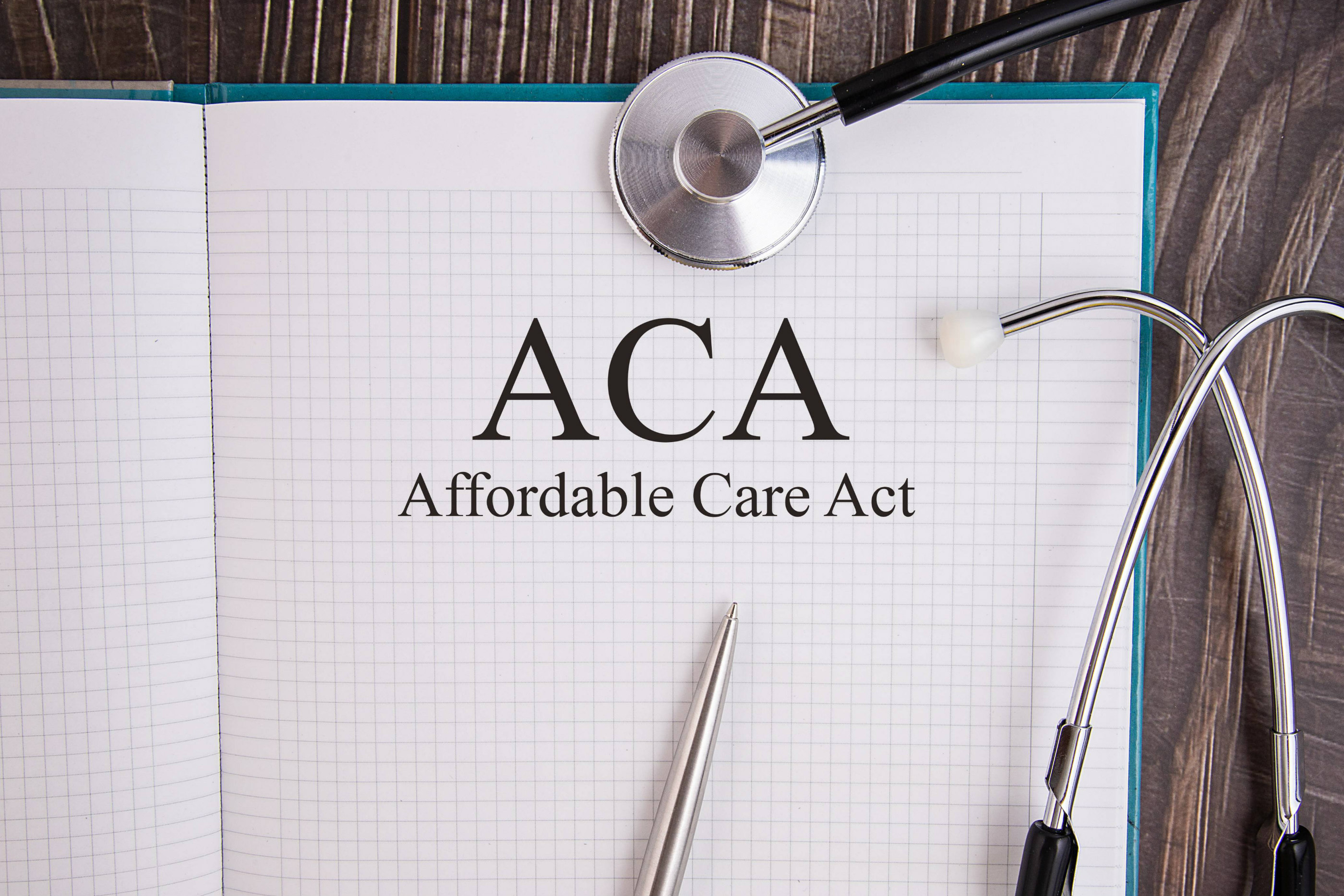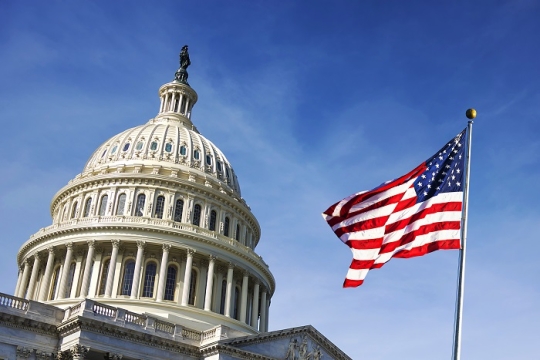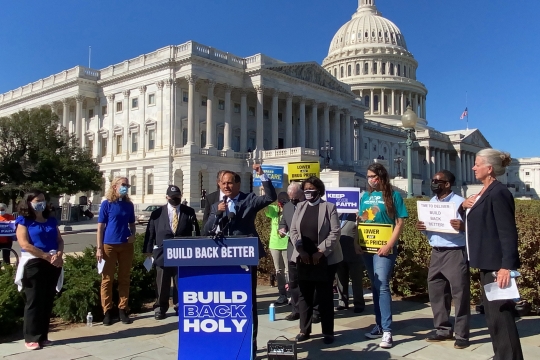
On November 10, the Supreme Court will hear oral arguments in California v Texas, a case that will determine the future of the Affordable Care Act (ACA). In this case, the Court will consider whether the Tax Cuts and Jobs Act of 2017, which reduced the individual mandate penalty to zero, rendered the individual mandate unconstitutional – and if so, whether the rest of the ACA is unconstitutional as well. This is often referred to as the severability of a statute. While the Court has previously twice upheld the ACA, this will be the first ACA case since Justices Gorsuch, Kavanaugh, and Barrett joined the bench. The ACA currently remains in effect, but ruling the law unconstitutional, especially during the pandemic, would be catastrophic for millions of Americans. We urge the Supreme Court to uphold this life-saving law.
Since 2010, the ACA has significantly improved health access and outcomes for millions of Americans – including People of Color, low-income individuals, people with chronic illnesses and disabilities, LGBTQ individuals, women, children, and seniors – and has become more important than ever during COVID-19. Here are a few of the ACA’s key contributions:
- More than 20 million people obtained access to quality, affordable health care through new nationwide marketplaces and Medicaid expansion to low-income adults in 38 states plus Washington, D.C. Medicaid expansion led to higher coverage rates, improved access to physical and mental health care, and increased economic mobility and financial security. Enrollment in marketplace plans and state Medicaid programs has surged during COVID-19 as people have lost employer-provided health insurance, and recognizing the renewed importance of Medicaid, voters in Oklahoma and Missouri passed Medicaid expansion ballot initiatives this summer.
- At least 54 million people with pre-existing conditions who were previously uninsurable in state marketplaces gained protections against insurers denying coverage or charging higher premiums based on their health history. Maintaining protections for pre-existing conditions and disabilities has become especially important since COVID-19; while scientists are just beginning to understand the long-term health impacts of this pandemic, experts agree that COVID-19 qualifies as a pre-existing condition for the more than 7 million people who are or were infected with the virus.
- Section 1557 of the ACA prohibits nondiscrimination based on race, color, national origin, sex, age, and disability in certain health programs funded or administered by the federal government. This is the first comprehensive federal health care nondiscrimination provision and the first federal provision specifically prohibiting sex discrimination in all health programs receiving federal funding. In 2016, the Obama administration clarified that sex discrimination encompasses discrimination based on pregnancy/pregnancy status, sex stereotyping, and gender identity, thereby extending critical protections to LGBTQ individuals and people seeking reproductive care. While the Trump administration has sought to repeal these protections, lower courts have blocked many of these changes.
- Nearly 62 million Americans gained access to birth control without out-of-pocket costs due to new requirements that insurance plans cover all FDA-approved forms contraception as part of basic preventive coverage. Family planning services are an essential component of reproductive health and rights, promoting bodily autonomy, parental and child health, and economic security.
- 6.1 million young adults gained coverage due to a provision allowing young adults under age 26 to remain on their parents’ health insurance. This provision provides provides stability for young adults who pursue higher education, work part-time or contract jobs without benefits, or are starting a family.
Repealing the ACA would reverse these gains and devastate millions of Americans. If the Court strikes down the law, 21.1 million people will lose insurance coverage, key nondiscrimination protections and essential health benefits would vanish, the cost of care and prescription drugs will skyrocket, and the health care system will be thrown into chaos. Abolishing the ACA would worsen racial disparities, harm people with disabilities and pre-existing conditions, and permit discrimination against vulnerable communities. Although it is impossible to predict how the Court will rule, the Reform Movement is extremely concerned that Justice Barrett and others will vote to strike down the law. While Justice Barrett stated in her confirmation hearing that she is “not hostile to the law,” she previously criticized Justice Roberts’ 2012 opinion upholding the individual mandate, writing in a 2017 law review article that Roberts “pushed the Affordable Care Act beyond its plausible meaning to save the statute.” She may now cast the decisive vote to end the ACA.
Judaism is clear about our societal responsibility to ensure health care for all people, teaching that human life has infinite value and that the preservation of life supersedes almost all other considerations. Nobody should be denied access to quality, affordable health care, especially during a pandemic. As the ACA remains at risk, Congress must ensure that all people have access to health care during the pandemic, including by providing free and accessible COVID-19 testing and treatment and increasing health care funding for states. Despite the Senate’s shameful decision to rush through Justice Barrett’s confirmation and adjourn until after the election without passing a new COVID-19 relief bill, Congress still has an opportunity to act before the new Congressional session begins in January.
Join us in our continued call to Congress to pass a new emergency COVID-19 relief package that prioritizes the most vulnerable.
Related Posts

Honoring the 1 Million Lives Lost to COVID-19 in the United States

Looking Back and Looking Forward: Legislative and Executive priorities for 2022


